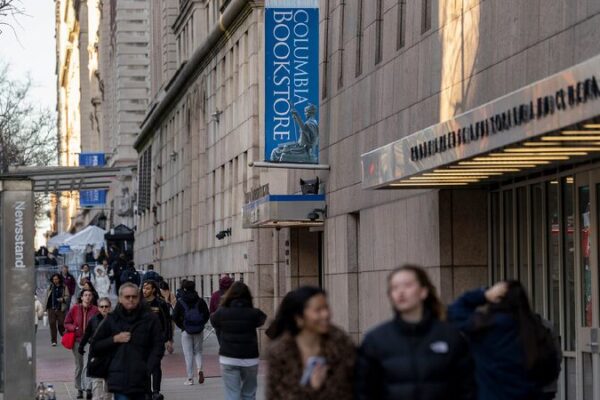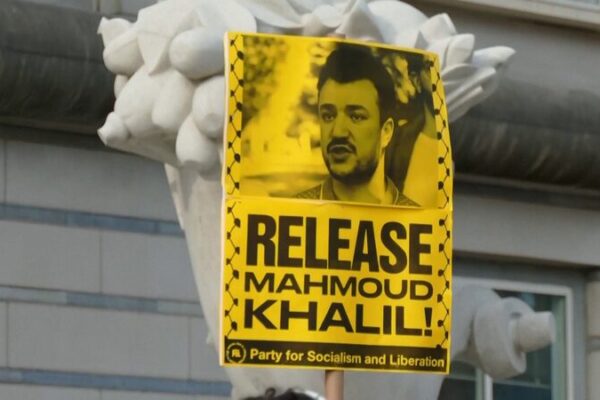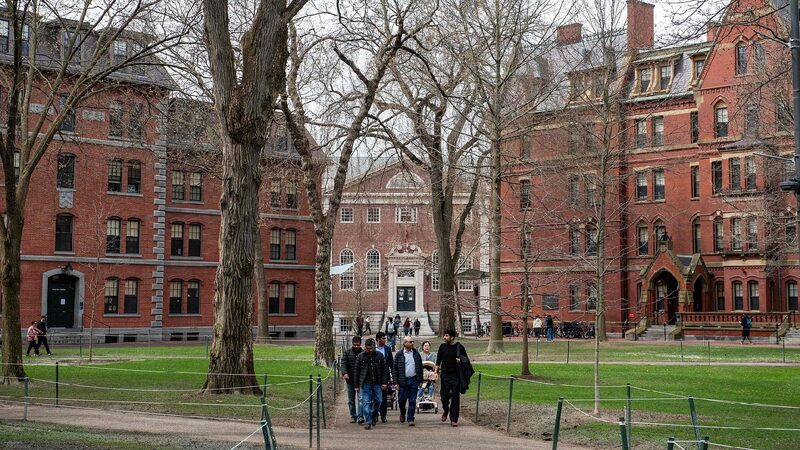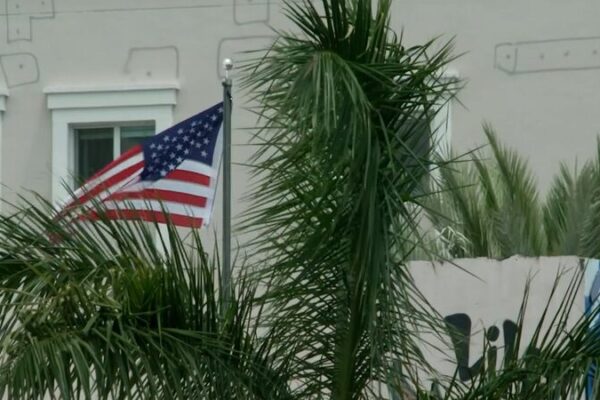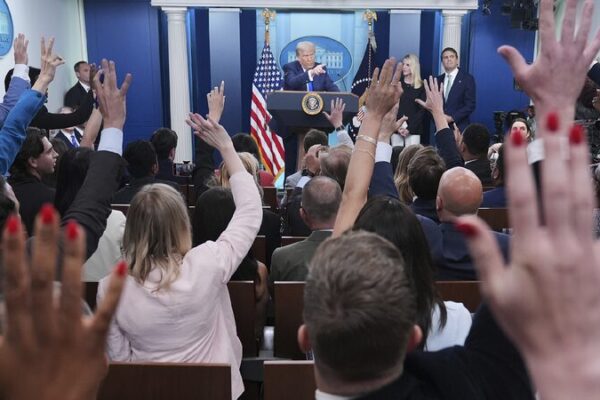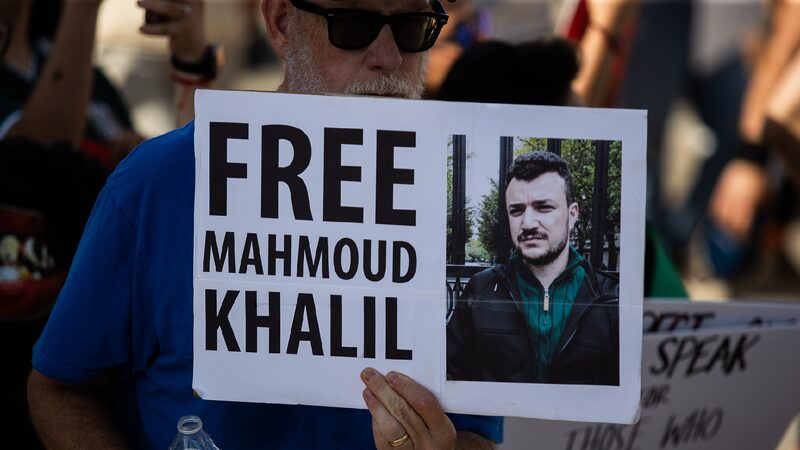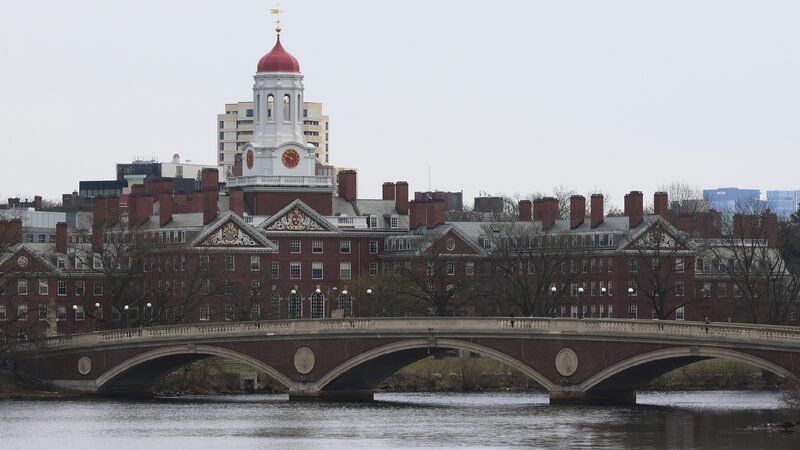In a ruling that has sparked nationwide debate, a U.S. immigration judge has authorized the deportation of Mahmoud Khalil, a graduate student at Columbia University. Khalil, a green card holder with no criminal history, is facing removal based on allegations that he poses a threat to U.S. foreign policy due to his participation in pro-Palestinian campus protests last year.
Judge Jamee Comans delivered the decision at the LaSalle Immigration Court in Jena, Louisiana, stating, “The court will sustain charge of removability.” Khalil and his legal team have been given until April 23 to file applications for relief in an effort to halt his deportation.
Following the ruling, Khalil spoke out in court, expressing his concerns over the proceedings. “There’s nothing more important than due process and fundamental fairness… Neither of those principles were present today,” he said. “This is exactly why the Trump administration has sent me to this court 1,000 miles away from my family. I hope your urgency for this is to the thousands of people here in this facility.”
Khalil was arrested on March 8 at a university-owned apartment complex in New York City and transferred to an immigration detention center in the southern United States. His arrest has raised questions about the extent of governmental authority and the rights of noncitizen residents.
President Donald Trump addressed Khalil’s arrest on his Truth Social platform, labeling him a “Radical Foreign Pro-Hamas Student” and declaring, “This is the first arrest of many to come. We will find, apprehend, and deport these terrorist sympathizers from our country—never to return again.”
Khalil and his attorneys have firmly denied any association with Hamas or support for terrorist activities. They argue that his deportation is an infringement on his rights to free speech and peaceful assembly.
The Trump administration is relying on a seldom-used provision of the 1952 Immigration and Nationality Act, which permits the Secretary of State to deport noncitizens if their presence is deemed a threat to U.S. foreign policy.
According to recent data from the Association of International Educators, nearly 1,000 foreign students and scholars have had their visas revoked or their immigration status terminated in the Student and Exchange Visitor Information System (SEVIS), a federal database. Many of these individuals reportedly participated in pro-Palestinian protests on campuses across the nation last year.
The case has ignited concerns among international students and advocates for academic freedom. Many are questioning the implications for free speech and the potential targeting of students based on their political beliefs and activities.
Reference(s):
U.S. judge allows Trump admin to deport Columbia University student
cgtn.com

